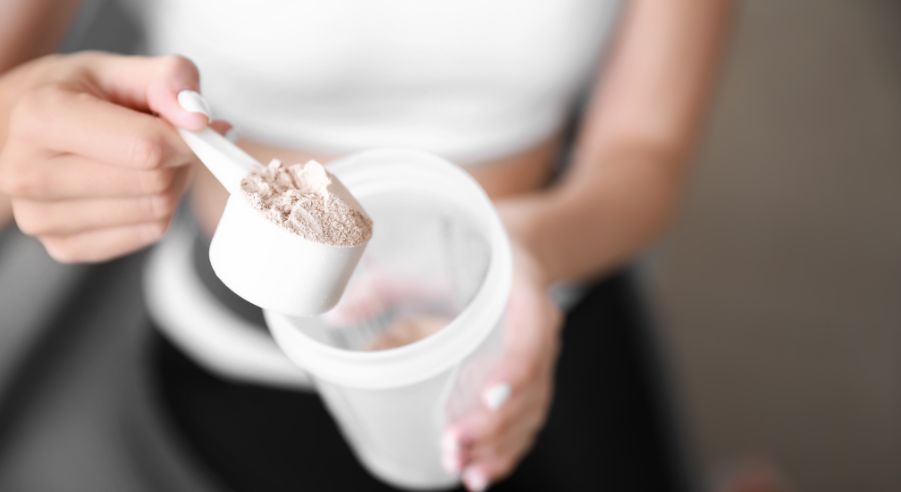Bariatric Surgery and Exercise
Regardless of how you may feel about exercise, the benefits are indisputable, and not just for weight loss alone.
Exercise forms a crucial part of your entire weight loss journey, and your relationship with exercise is something we coach you to improve at Perth Weight Loss and Surgery.
Before Surgery
Starting a healthy relationship with exercise is setting yourself up for success. When you’re in a good routine prior to the procedure with good cardiovascular conditioning, your risks during surgery are lowered, the outcomes are better and it will be much easier to get back into healthy habits after recovery.
After Surgery
Following initial recovery, an exercise physiologist will work with you to begin gentle movement at an appropriate level that will aid recovery, build capacity safely, set the right path forward and avoid injury.
Potential side-effects of bariatric surgery are the risk of bone density decline and lowered mineral metabolism, which can be mitigated through exercise, in particular load bearing, where bones are required to move against a force; for example, a push up or lifting weights.
Building muscle will help regulate appetite and diet as well as importantly, boosting ‘metabolic rate’. Muscle requires more energy than fat, so the metabolism needs to perform better to sustain it, making weight maintenance easier.
Protective Benefit of Exercise
The significance of exercise in life-long health is vital. The reality is, weight regain and diabetes relapse can pose problems for some patients following bariatric surgery. Thankfully, there is strong evidence showing exercise is protective against these.
While bariatric surgery is a successful intervention to help with weight loss and reduce the health risk of obesity, surgery alone is not the total answer, ongoing healthy lifestyle habits including exercise can further improve health outcomes.
Exercise also supports good mental health, confidence and provides extra motivation to continue your new healthy path.
Remember, exercise doesn’t have to be a chore – we encourage our patients to find exercise and move in a way that brings them joy!
At PWLS, we have a holistic team to help in your weight loss journey, including expert exercise physiology.
Have any questions? Contact us today to book a consultation with Dr Siva Gounder today.




